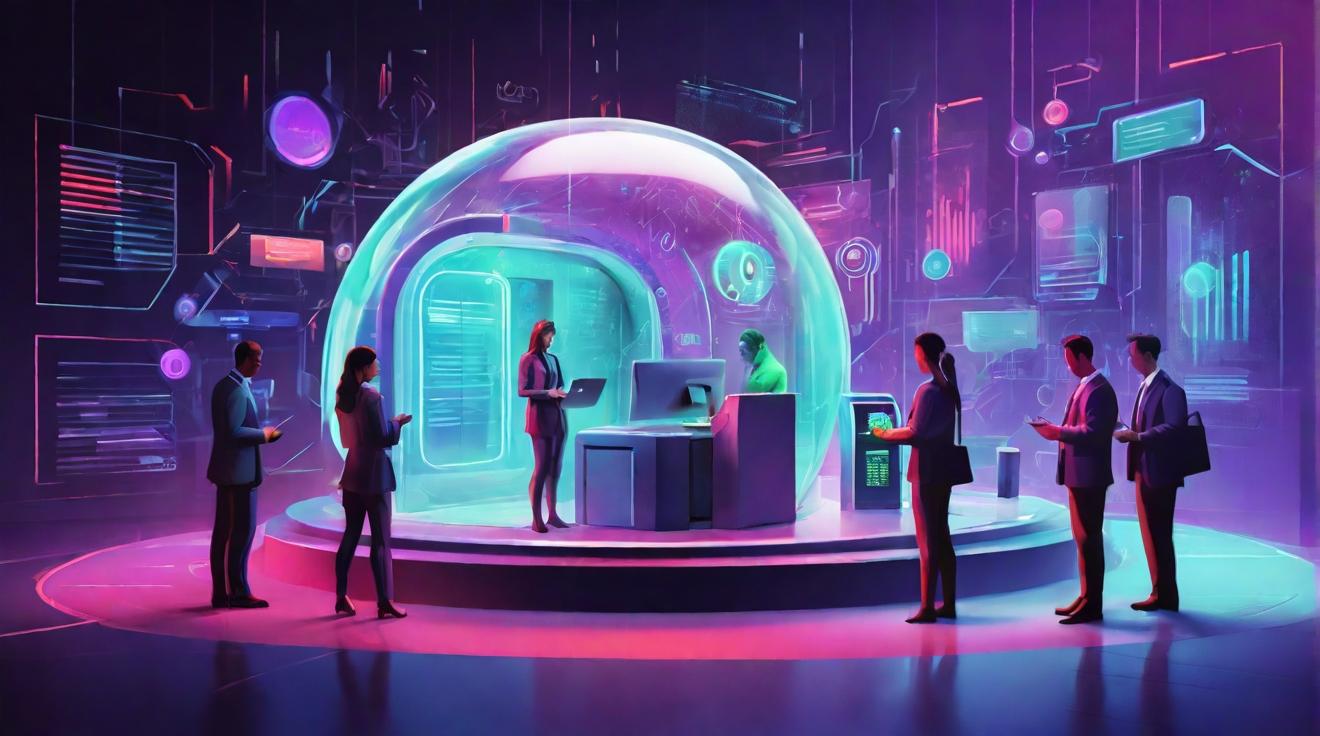OpenAI’s ChatGPT Atlas and the AI Browser Landscape
OpenAI recently launched ChatGPT Atlas, an AI-powered web browser designed to enhance user interaction through intelligent agents. This development raises a pivotal question: is it time for users to reconsider their reliance on established browsers like Safari? The launch has ignited conversations among technology analysts and enthusiasts about the practicality and future of AI browsers. Despite the buzz, there remains skepticism about whether these new tools can displace entrenched players in the browser market.
User Experience: Slight Efficiency Gains but Limited Adoption
Max Zeff, who has tested ChatGPT Atlas alongside other AI browsers such as Comet, describes the experience as delivering only a “slight efficiency gain.” While AI agents attempt to automate tasks like recipe searching and shopping list compilation, such use cases remain niche and do not resonate with typical browsing habits. Zeff highlights the disconnect between the industry’s enthusiasm for an “agentic web” and the actual utility perceived by everyday users. Watching AI agents navigate websites can sometimes feel inefficient rather than helpful, raising doubts about widespread adoption.
Security Concerns and Uncertain Consumer Demand
Beyond usability, security remains a significant concern. The integration of AI agents that interact autonomously with web content introduces new vectors for vulnerabilities, which may deter cautious users. Moreover, Sean O’Kane, who primarily relies on traditional search techniques involving Boolean queries, expresses hesitation about switching to AI browsers. He notes that many users depend on familiar search behaviors that AI interfaces have yet to replicate effectively.
Browser Market Dynamics: Monetization and Competition
Historically, attempts to challenge dominant browsers like Safari, Chrome, and Firefox have faltered, primarily due to an inability to monetize browser products sustainably. Companies have tried charging upfront fees or other models but ultimately failed to gain lasting traction. Sean O’Kane points out that OpenAI’s substantial funding allows it to sustain the ChatGPT Atlas project without immediate profit pressures. This financial backing could enable OpenAI to experiment and refine its offering over time, potentially reshaping the browser market.
Implications for the Open Web
As AI browsers potentially gain traction, questions arise about the future of the open web. Traditional websites might become less central as AI-driven chatbots and interfaces mediate user interactions, possibly altering the fundamental nature of web navigation and content discovery. This shift could have profound effects on how information is accessed and monetized, with AI interfaces curating and controlling much of the user experience.
FinOracleAI — Market View
The emergence of AI-powered browsers like ChatGPT Atlas presents both intriguing opportunities and notable risks within the digital ecosystem. While OpenAI’s financial strength enables sustained innovation in this space, user adoption remains limited by modest efficiency improvements and unresolved security issues.
- Opportunities: Potential to redefine user interaction with the web through AI agents; ability to leverage deep funding to iterate and improve rapidly; early mover advantage in a nascent market segment.
- Risks: Limited current consumer demand and unclear value proposition; security vulnerabilities inherent in autonomous browsing agents; challenge of competing with entrenched browsers and user habits.
Impact: While AI browsers are unlikely to replace established browsers imminently, their development signals a gradual evolution in web navigation that could reshape the open web’s architecture and user experience over time.













